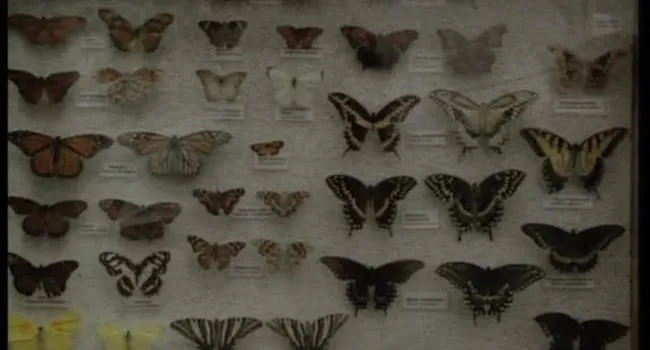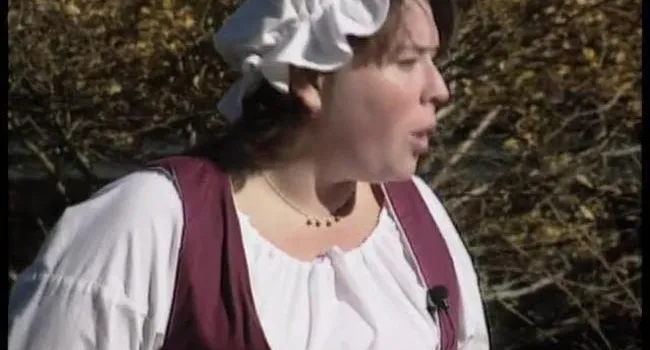Archaeologists with the South Carolina Institute of Archaeology and Anthropology are working to uncover the site formerly known as Charlesfort, the settlement established by Huguenots seeking refuge. Located on present-day Parris Island, it was the earliest French site in America. Captain Ribault led the expedition, but he went back to France for supplies and didn’t return. Dissension reigned among the remaining settlers, who were left under the leadership of Captain de la Pierria. The colonists eventually mutinied, overturning de la Pierria and returning to France. They never came back. The Spanish eventually resettled the site of Charlesfort.
The excavation of Charlesfort resulted from the excavation of Santa Elena. The sites were directly on top of one another! Technicians reanalyzed pottery from the site, discovering that pottery that had been labeled from the plantation period was actually 16th-century French porcelain. This discovery confirmed the French Huguenots’ original claim on the land.
Digging to a depth of one foot exposes the original sand. The yellow sand shows disturbances or discoloration, indicating to archaeologists where they should dig. Wells, ditches, fallen trees, and posts of houses have been discovered from these stains, although some of the sites have been lost to erosion.
Archaeologists are currently looking for a kitchen on the site. They are excavating an eight- to 10-foot-deep well, with one or two submerged barrels to hold water. Archaeologists are able to tell the status of members of the colony by found objects and by the size and location of houses.
The lab work of an excavation is very important. Objects found during digging are cleaned, wrapped, and labeled. When they get to the lab, the pieces are numbered and compared to other pieces. For some pottery, an attempt is made to assemble the pieces. Assembled pottery provides clues to everyday activities at the site.
Standards
- 4.1.CO Compare the interactions among cultural groups as a result of European colonization.
- 4.1.CX Contextualize the experience of Africans, Europeans, and Native Americans in South Carolina.
- 6.3.CO Compare European motivations for exploration and settlement.
- This indicator was developed to encourage inquiry into European motivations for exploration and settlement as a result of the closing of the Silk Road. This indicator was also written to foster inquiry into the development of the Atlantic World, and the resulting economic, political, and social transformations in European, American, and African societies.
- 8.1.CO Compare the three British North American colonial regions economically, politically, socially, and in regard to labor development.
- This indicator was developed to encourage inquiry into how the three British colonial regions developed in terms of their culture, economies, geography, and labor. The indicator was also developed to encourage inquiry into the unique story of the development of South Carolina.
Resources
You need to be logged in to listen to view this content. Create an account now; it's quick, easy, and free!
Log In to View


































